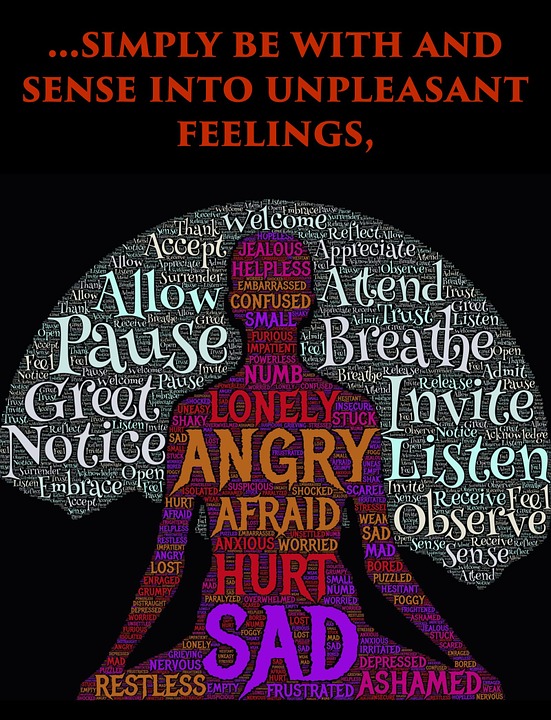How This Helps
In very simple terms, depression is when you feel disconnected from the divinity within yourself. Each one of us is a powerhouse of wisdom, experiences, knowledge, and awareness. The trouble occurs when we lose that channel to all of this and start feeling lost in life. Once this feeling sets in, every situation has the power to throw the balance off from us, to shake us and if these are not addressed in time, it can turn to what we call “depression” in our current day and age. Have we ever thought why so many people are depressed nowadays? Why is it that despite the many options and choices we have, there is a constant feeling of discontentment, hopelessness or dissatisfaction? I recommend meditation to help cope up with depression.
Notes
Instructions
Science and Research
How does meditation help manage depression?
How can it help?
There are several ways to manage and beat depression. Antidepressants and psychotherapy are the regular first-line treatments, but continuing studies have indicated that a regular meditation practice can help by changing the way the brain reacts to stress and anxiety. Meditation teaches you to listen to feelings and thoughts without passing judgment or criticizing yourself. Meditation does not involve pushing away these ideas or pretending you do not have them. Instead, you notice and accept them, then let them go. This way, meditation can help interrupt cycles of negative thinking.
Change your response to negative thoughts
Meditation can help you get into a place where you feel you can enjoy the moment without feeling a cycle of hopeless and negative thoughts. Stress and anxiety are significant triggers of depression, and meditation can alter your reaction to those feelings. Meditation trains the brain to realize sustained attention, and to return to this attention when negative thinking, emotions, and physical sensations intrude – that happens a lot when you are feeling stressed and anxious.
The goal of meditation isn’t to push aside stress or block out negative thinking, but instead to observe those feelings and thoughts, all of them while knowing that you don’t have to act on them. This might be as easy as closing your eyes and repeating one word or phrase, or counting breaths.
How meditation changes your brain areas
Helps you learn how to manage depression more effectively
Meditation can also help prepare the brain for stressful conditions. For example, meditating for a few moments before a physician’s appointment or social situation can help change the mind and body from the anxiety response and into a state of relative calm. Yet, as with following a proper diet and exercise, it takes time to feel results from regular meditation. Meditation can help people manage and control their responses to the stress and anxiety that often leads to depression. Meditation has been proven to change certain brain areas, which are especially linked with depression. Scientists have shown that the medial prefrontal cortex becomes hyperactive in depressed folks. This goes into overdrive when people get really stressed.
The other brain area associated with depression is the amygdala, or “fear center.” This is the section of the brain responsible for the fight-or-flight reply, which induces the adrenal glands to release the stress hormone cortisol in response to fear and perceived threat. Both of these brain areas work off each other to cause depression. The “me center” has worked up responding to stress and anxiety, and the fear center response contributes to a spike in cortisol levels to combat a danger that is just in your mind.
Studies have found that meditation helps break the link between both of these brain regions. You’re better able to dismiss the negative sensations of stress and anxiety when you meditate. Another way meditation helps the mind is by shielding the hippocampus (a brain region involved in memory). One study discovered that individuals who meditated for thirty minutes per day for eight months increased the volume of grey matter in their hippocampus, and other research indicates that those who suffer from repetitive depression are likely to have a smaller hippocampus.







